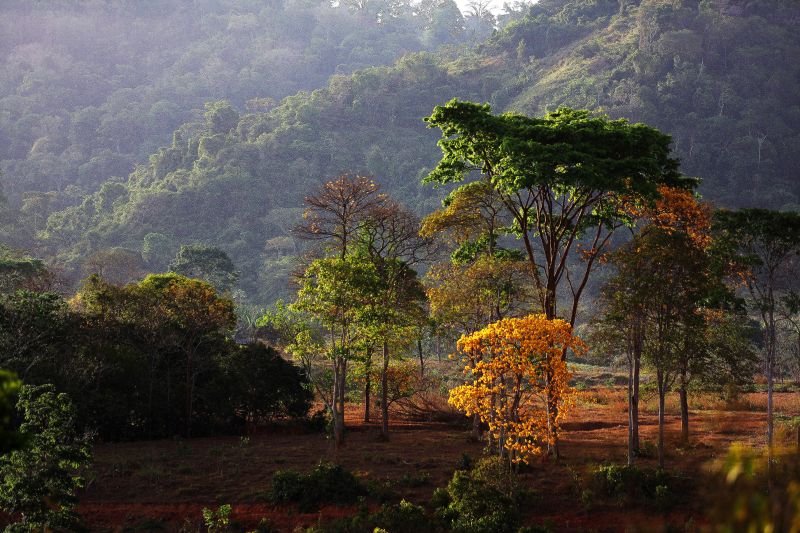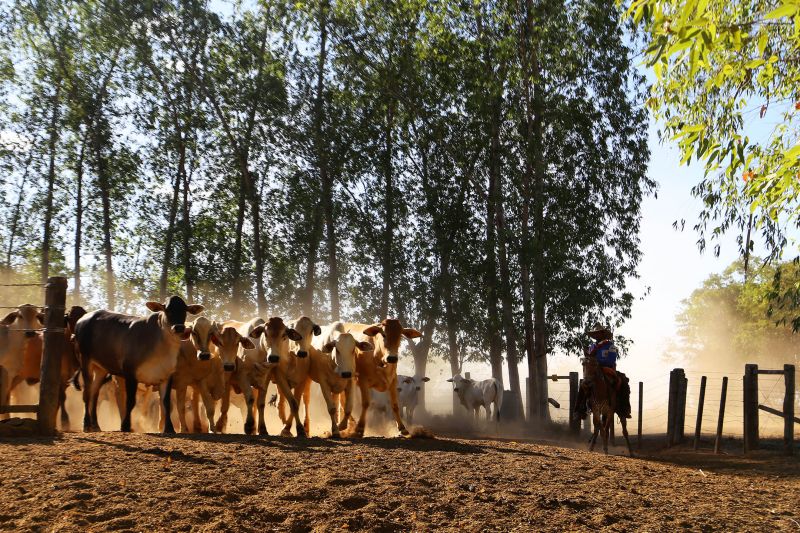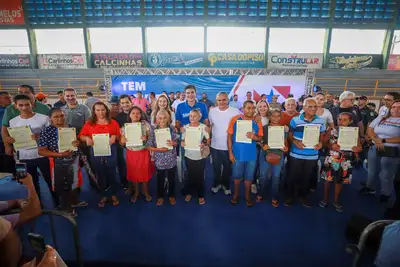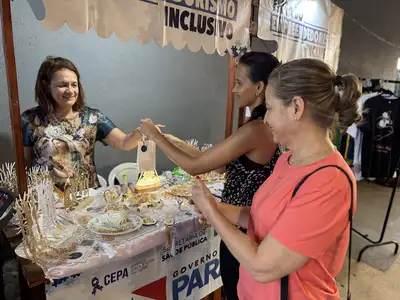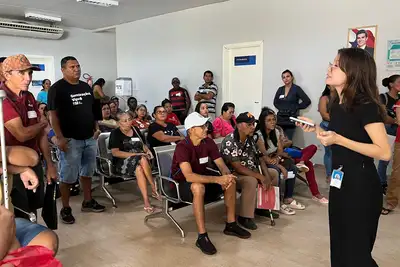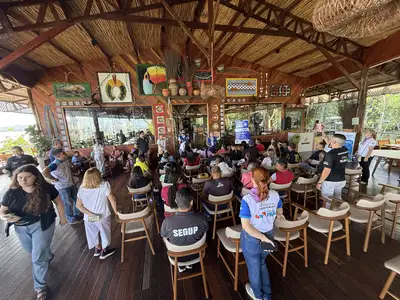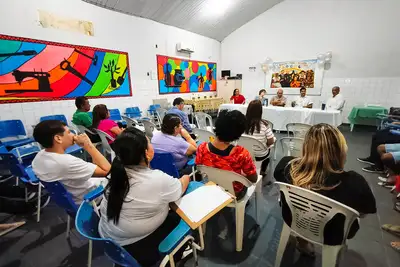Pará promotes environmental regularization for rural producers with forest protection measures
Legal device creates mechanisms that encourage the preservation of state forests and sustainable production
The Government of Pará has taken another important step to align environmental conservation with sustainable production with the publication of decree No. 4,613, which regulates the Environmental Protection Quota (CPA). The new policy creates mechanisms that encourage the preservation of state forests while providing pathways for the environmental regularization of rural properties.
With the decree, Pará now allows any individual or legal entity to financially contribute to the maintenance of the living forest through the acquisition of titles linked to Integral Protection Conservation Units. Each title is equivalent to 1 hectare – approximately the size of a soccer field – and the funds raised will be invested in concrete preservation actions.
Governor Helder Barbalho celebrated the measure as an innovation that combines preservation and development. “We are taking a decisive step to unite environmental conservation and sustainable production. Pará wants to lead a new economy based on the responsible use of our natural resources. With the quotas, we are ensuring protection for our forests and offering rural producers a viable and legal path to regularize,” he stated.
The system is in the implementation phase and will be responsible for managing the issuance and control of these titles. The funds raised will be used to maintain the operation of the State System of Conservation Units (SEUC), develop management plans, finance preservation projects, and support environmental command and control operations.
Benefits to the producer
In addition to environmental gains, the decree also represents an advancement for the productive sector. The Compensatory CPA can be used by rural producers for the regularization of Legal Reserve areas - a portion of the rural property that must be maintained with native vegetation, as determined by the Brazilian Forest Code. This compensation is only allowed for properties that have records of vegetation suppression up to July 22, 2008.
The quotas, however, do not guarantee any right of possession or use of the territory. They also cannot be acquired by two people simultaneously, which ensures control and traceability over the credits generated.
Currently, the maintenance of Conservation Units is financed with resources from the State Treasury. With the creation of the quotas, the government intends to increase societal engagement in the environmental agenda, opening space for citizens and companies to voluntarily contribute to the protection of Pará's biodiversity.
Natural resources are assets for conservation
The state secretary of Environment and Sustainability of Pará (Semas), Raul Protazio Romão, notes that “with the regulation of the CPA, Pará reinforces its commitment to sustainable development and paves the way to transform its natural wealth into conservation assets with benefits for all of society,” he states.
“This is an important measure for the maintenance of our Conservation Units, for stimulating the recovery of native vegetation, and for strengthening decentralized environmental financing, expanding legal alternatives for environmental compensation,” explains the president of the Institute for Forest Development and Biodiversity of Pará, Nilson Pinto.


